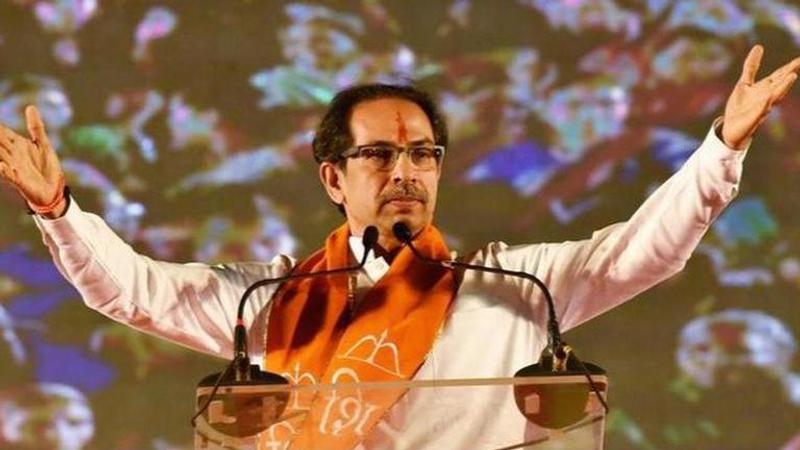Published 12:11 IST, November 15th 2019
Shiv Sena hails SC decision to include CJI under RTI, calls it 'historic'
Shiv Sena hailed the Supreme Court for ruling that the Chief Justice of India's Office is a "public authority" and comes under ambit of Right to Information Act

The Shiv Sena hailed the Supreme Court for ruling that the Chief Justice of India's Office is a "public authority" and comes under the ambit of Right to Information (RTI) Act. The party's mouthpiece 'Saamana', while calling it a historic decision, stated, "The decision of the Supreme Court is going to give far-reaching results and broaden the right to information."
Supreme Court's landmark judgement
In a landmark judgement on Wednesday, a 5-bench Constitution bench headed by Chief Justice of India Ranjan Gogoi and comprising Justices BV Ramana, DY Chandrachud, Sanjiv Khanna and Deepak Gupta held that the office of CJI comes under the definition of ‘public authority’ under the Right to Information Act, 2005. It upheld the 2010 verdict of the Delhi High Court.
While Justice Khanna authored the judgment for CJI Gogoi and Justice Gupta, Justices Ramana and Chandrachud wrote their separate but concurring opinions. Though the majority opinion was that transparency does not undermine judicial independence, Justice Ramana had a slightly different take on the matter. This adds a caveat to the judgment as information could be potentially refused on certain grounds.
A balance between the right to information and privacy
Justice Ramana stated that there had to be a balance between the right to information and the right to privacy as well as confidentiality and independence of the judiciary. He observed that the RTI should not be allowed to be used as a tool of surveillance. He directed the Information Commissioner to apply the test of proportionality while entertaining applications seeking information from the CJI’s office. Basically, Justice Ramana remarked that there is certain information that is inherently private such as age, gender, sex, sexual preferences.
On the day of the landmark judgment from the Supreme Court, Republic TV accessed crucial details of the first RTI the apex court will have to respond to. An RTI filed by Subhash Aggarwal seeks information on the resolution passed by the Supreme Court in 2017 for providing domestic help to retired Supreme Court judges and their spouses. Aggarwal’s RTI was rejected by the Central Public Information Officer (CPIO) of the top court on the grounds that the case regarding whether the Office of the Chief Justice of India (CJI) falls under the Right To Information (RTI) Act was pending before the top court. After Thursday's verdict that brings the Office under the ambit of the RTI, Subhash Aggarwal is all set to file the first appeal against the rejection of his RTI.
Updated 12:53 IST, November 15th 2019




